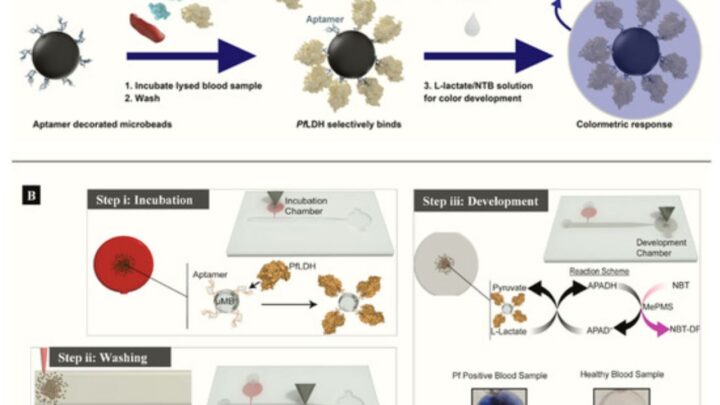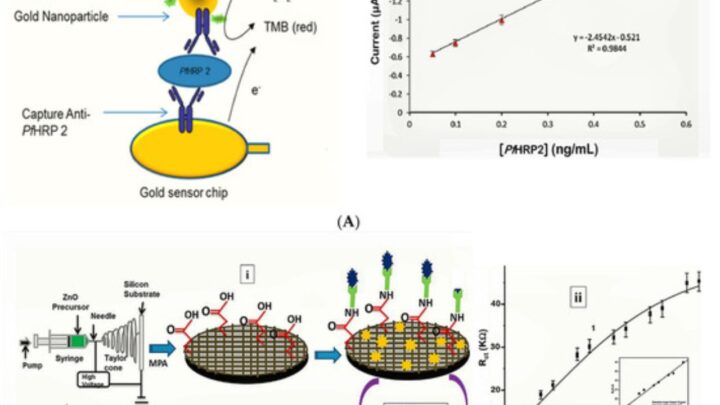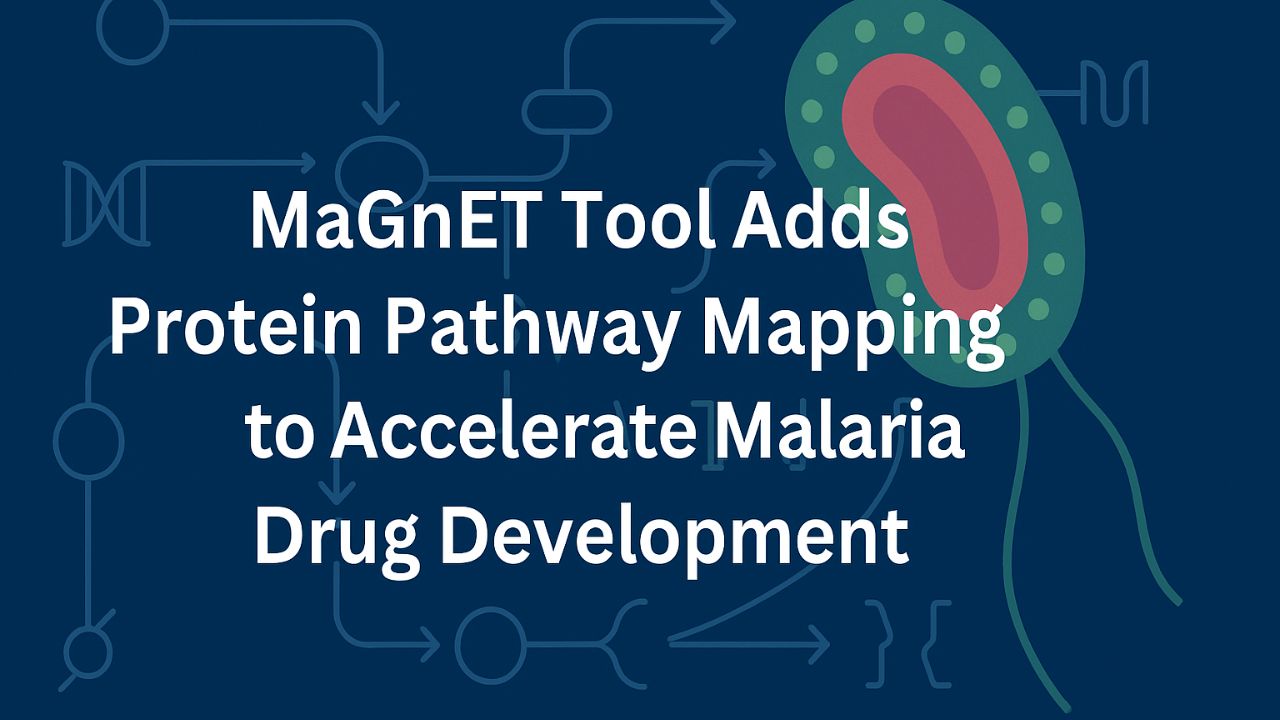MaGnET Tool – Malaria continues to be one of the deadliest diseases in the world, affecting millions and claiming hundreds of thousands of lives each year, especially in tropical and subtropical regions. Despite decades of research, the development of highly effective and long-lasting malaria drugs remains a scientific challenge. However, a new breakthrough may change the game: the introduction of the MaGnET tool, which brings a novel approach to understanding protein interactions and pathways in the malaria parasite. This advancement promises to fast-track drug discovery and potentially save countless lives in the future.
What is the MaGnET Tool?
MaGnET stands for “Malaria Graph-based Network Exploration Tool.” It is a computational platform designed to map the complex protein interaction networks within Plasmodium species—the parasites responsible for causing malaria. This tool integrates data from genomics, proteomics, and functional studies to identify how proteins interact and how these interactions influence cellular pathways critical for parasite survival.

Key Features of MaGnET:
- Visualizes protein-protein interaction networks.
- Highlights key regulatory nodes and bottlenecks in parasite biology.
- Predicts potential drug targets with higher precision.
- Integrates multi-layer biological data for better pathway interpretation.
Why Is Protein Pathway Mapping Important in Malaria Research?
In malaria, targeting a single protein or gene often leads to drug resistance. The parasite evolves quickly, rendering many drugs ineffective. That’s where understanding entire protein pathways—rather than individual targets—becomes crucial.
Benefits of pathway mapping:
- Reveals the full lifecycle mechanisms of the parasite.
- Helps identify multiple intervention points to disrupt parasite development.
- Reduces the risk of drug resistance by focusing on network-based therapies.
- Allows for more targeted and effective drug development strategies.
How MaGnET Enhances Drug Development Speed
Traditional drug development for malaria is time-consuming, costly, and often trial-and-error based. By integrating MaGnET into the research process, scientists can dramatically cut down on the early-stage exploration time.
Accelerating the process:
| Step in Drug Discovery | Traditional Approach | With MaGnET Tool |
|---|---|---|
| Target Identification | Months of lab screening | Minutes via network analysis |
| Pathway Analysis | Manual curation | Automated mapping |
| Predicting Drug Resistance | Post-clinical failures | Early-stage detection |
| Candidate Selection | Limited by target scope | Expanded to entire pathways |
MaGnET transforms raw biological data into actionable insights, allowing researchers to focus on the most promising protein clusters from day one.

Real-Life Applications and Case Studies
Initial case studies using the MaGnET tool have already begun to show promise. In a collaborative study between international research labs and academic institutions, MaGnET helped identify a previously overlooked protein complex in Plasmodium falciparum—the deadliest malaria parasite.
Case Highlight:
- Study Area: Sub-Saharan Africa
- Target: PfEMP1 pathway cluster
- Outcome: Researchers discovered that disrupting this protein network significantly reduced parasite survival in host cells.
- Result: Two new drug candidates were developed in half the expected time.
Such outcomes highlight the transformative impact MaGnET can have in malaria-endemic regions where quick drug turnaround is not just desirable but essential.
Collaborative and Open Access Potential
Another benefit of the MaGnET tool is its open-access nature. Researchers worldwide can contribute their findings and datasets to improve the tool’s predictive capabilities.
How collaboration enhances MaGnET:
- Builds a growing database of verified protein interactions.
- Encourages global partnerships in drug development.
- Allows smaller labs and institutions to benefit from cutting-edge tech.
- Helps standardize malaria research globally.
Participating institutions:
| Institution Name | Country | Role in MaGnET Project |
|---|---|---|
| Wellcome Trust Sanger Institute | UK | Core bioinformatics research |
| National Institute of Malaria | India | On-ground parasite tracking |
| Harvard T.H. Chan School | USA | Data integration and modeling |
| University of Cape Town | South Africa | Field validation and testing |
Challenges and Future Scope
While MaGnET is a game-changer, it still faces a few limitations. For one, the tool is only as good as the quality and quantity of the data fed into it. Incomplete or biased datasets can lead to incorrect pathway predictions. Furthermore, high-performance computing infrastructure is essential for large-scale analyses.
Future enhancements planned:
- AI-based refinement of network predictions.
- Integration with CRISPR-based gene editing studies.
- Real-time updates from global malaria surveillance programs.
- User-friendly dashboards for non-technical researchers.
The MaGnET tool represents a major leap forward in the fight against malaria. By enabling deeper understanding of protein interactions and pathways, it empowers scientists to identify novel drug targets faster and more accurately than ever before. In a world where malaria still poses a severe threat to public health, especially in developing countries, this innovation brings renewed hope. With continued support, collaboration, and technological improvements, MaGnET has the potential to play a critical role in eradicating malaria in the coming decades.
FAQs
Q1. What does MaGnET stand for?
A: MaGnET stands for Malaria Graph-based Network Exploration Tool.
Q2. How does MaGnET help in drug development?
A: It maps protein pathways to identify better drug targets and speed up the discovery process.
Q3. Is MaGnET available for public use?
A: Yes, it is an open-access tool available to researchers globally.
Q4. Which malaria parasite is MaGnET mainly focused on?
A: Primarily Plasmodium falciparum, the deadliest malaria-causing parasite.
Q5. Can small research labs use MaGnET?
A: Yes, as long as they have access to internet and basic computational tools, they can contribute and benefit from MaGnET.

